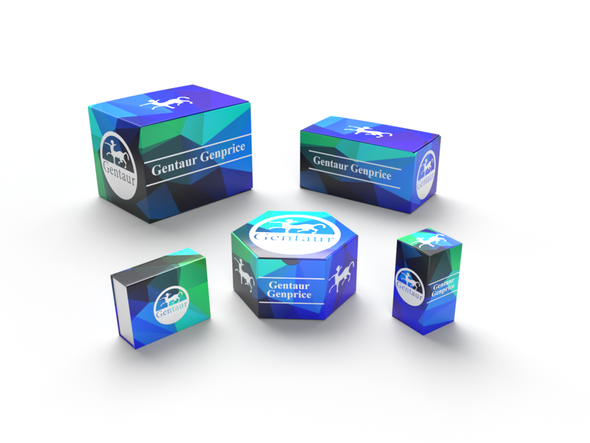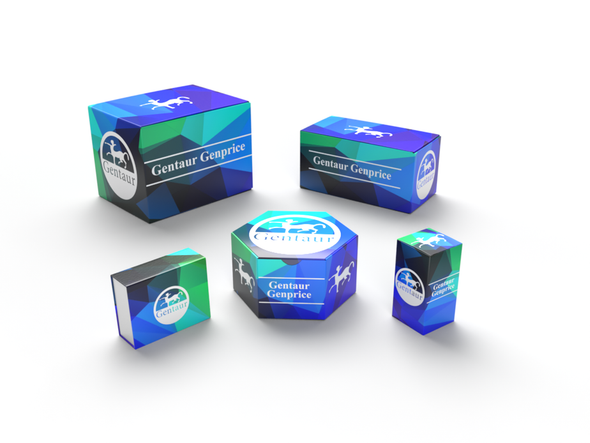BW
p73 (phospho-Y99) polyclonal Antibody | BS4152
- SKU:
- BW-BS4152
- Availability:
- Usually ships in 5 working days
Description
p73 (phospho-Y99) polyclonal Antibody | BS4152 | Gentaur UK, US & Europe Distribution
Host: Rabbit
Reactivity: Human,Mouse
Application: IHC
Application Range: WB: 1:500~1:1000 IHC: 1:50~1:200
Background: p73 protein is a member of the p53 family of proteins. The tumor-suppressor protein p53 exhibits sequence specific DNA binding, directly interacts with various cellular and viral proteins, and induces cell cycle arrest in response to DNA damage. In response to signals generated by a variety of genotoxic stresses, e.g, UV irradiation or DNA damage, p53 is expressed and undergoes post translational modification that results in its accumulation in the nucleus. Activation of p53 leads to cell cycle arrest and in some cases to apoptosis, resulting in the inability of genetically damaged cells to proliferate. Thus, the p53 dependent pathways help to maintain genomic stability by eliminating damaged cells. The accumulation of high levels of p53 is a potential marker for malignancy. p73 protein is expressed in either full length form (p73 alpha 80 kDa) or a shorter (p73 beta 70 kDa) mRNA variant. p73 gene was predicted to encode a protein with significant amino acid sequence similarity to p53. Each of the p53 amino acid residues implicated in direct sequence specific DNA binding is conserved in p73.
Storage & Stability: Store at 4°C short term. Aliquot and store at -20°C long term. Avoid freeze-thaw cycles.
Specificity: p-p73 (Y99) polyclonal Antibody detects endogenous levels of p73 protein when phosphorylated at Tyr99.
Molecular Weight: ~ 73 kDa
Note: For research use only, not for use in diagnostic procedure.
Alternative Names: p73; p53-like transcription factor; p53-related protein; p73; P73
Immunogen: Synthetic phosphopeptide derived from human p73 around the phosphorylation site of Tyrosine 99.
Conjugate: Unconjugated
Modification: Phosphorylation
Purification & Purity: The Antibody was affinity-purified from rabbit antiserum by affinity-chromatography using epitope-specific immunogen and the purity is > 95% (by SDS-PAGE) .
Pathway:






